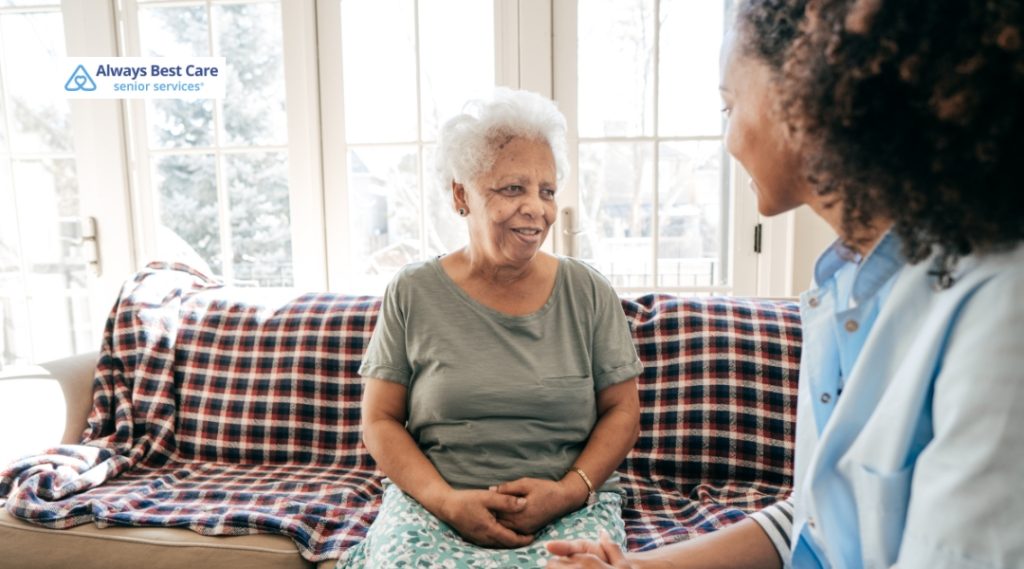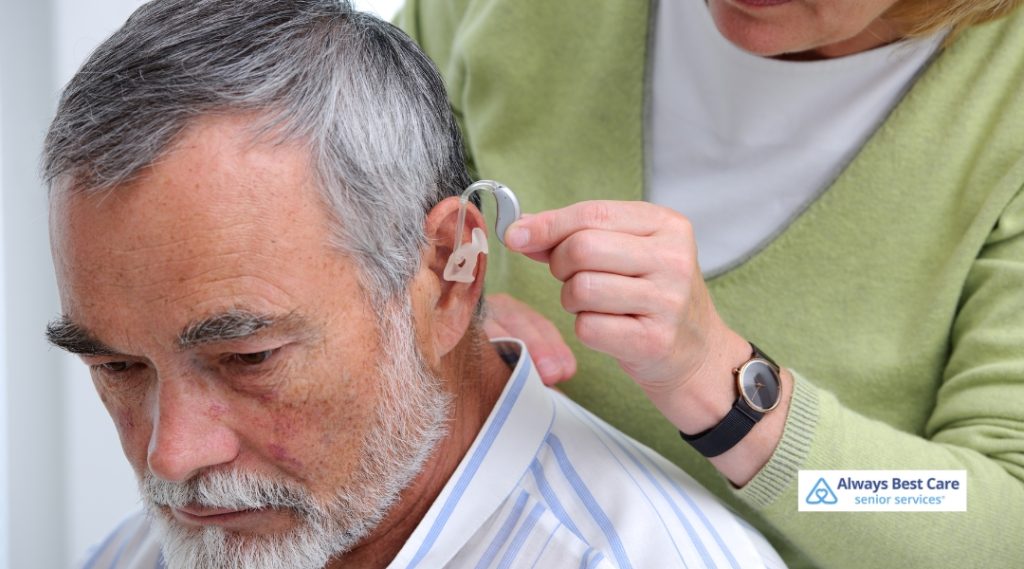Supporting Seniors: Kind Ways to Help Family Members Address Hearing Challenges

Bringing up hearing loss with a parent or grandparent can feel like walking a tightrope.
On one hand, you want them to be happy and involved in every conversation; on the other, the topic is touchy and might trigger embarrassment or denial.
At Always Best Care of Charleston, we understand how challenging this conversation can be, but also how essential it is for maintaining connections.
What you will learn:
- How to recognize the early signs of hearing loss in loved ones and why timely, compassionate conversations matter.
- Kind and effective strategies for discussing hearing challenges, reducing stigma, and encouraging openness about hearing aids and support.
- Practical steps families can take together, including resources and support services, to help seniors stay connected, confident, and safe.
Table of Contents
Recognizing the Signs of Hearing Loss
Before jumping into any discussion about hearing health, watch out for these common clues:
- Difficulty following conversations in groups.
- Frequent requests for repetition.
- Complaints that “everyone mumbles.”
- Withdrawal from social situations or activities.
- Seeming disinterested when others talk.
- Responding oddly due to mishearing words.

Bringing Up Hearing Loss with Kindness
Timing is everything here. Wait until there’s a quiet moment (no big crowds or blaring distractions), then approach with genuine concern rather than criticism.
Here are some handy tips:
- Use “I” statements (e.g., “I’ve noticed you seem frustrated during phone calls lately.”).
- Express care instead of blame (“I worry that conversations are getting harder for you.”).
- Avoid nagging during misunderstandings; pick calm times when everyone’s relaxed.
Tackling Stigma Around Hearing Aids & Aging
Some folks see hearing aids as flashing neon signs saying they’re getting old. Not true! We get why there’s hesitation: nobody likes feeling less independent. But here’s what helps change minds:
- Normalize needing help (“Hey, wearing glasses is normal, too!”).
- Highlight advances in technology (Today’s devices are smaller than ever!).

Taking Practical Steps Together
Thinking about next moves? Here are ways we at Always Best Care of Charleston love supporting families:
- Suggest booking a hearing test.
- Help coordinate appointments and transportation.
- Remind gently if follow-ups get forgotten.
- Cheer on every step forward; even trying out devices takes courage!
How Always Best Care Can Make Life Easier
Hearing trouble isn’t only about missed punchlines; it can lead seniors toward loneliness or even accidents around the house! That’s where caregivers from Always Best Care of Charleston come into play:
We provide:
- In-home reminders for appointments & medications.
- Extra sets of ears so instructions aren’t missed.
- Gentle encouragement using prescribed devices.
- Support during visits with doctors or audiologists.

FAQ About Talking to Loved Ones About Hearing Loss
Q: What if my loved one denies having trouble hearing?
A: That happens often! Give examples gently (“I noticed last week…”), then let them process before revisiting later.
Q: Are today’s hearing aids obvious?
A: Not anymore! Modern devices are sleeker than ever; some hide right inside the ear canal.
Q: Should I push hard if they resist seeing an audiologist?
A: Patience works wonders here! Share resources when ready, but don’t force quick decisions.
Take the First Step: Compassionate Hearing Support Starts Here!
At Always Best Care of Charleston, we’re always here with practical advice and hands-on support whenever your family needs it most!
Contact Always Best Care of Charleston at (843) 996-4498 to learn more and schedule your free consultation.





